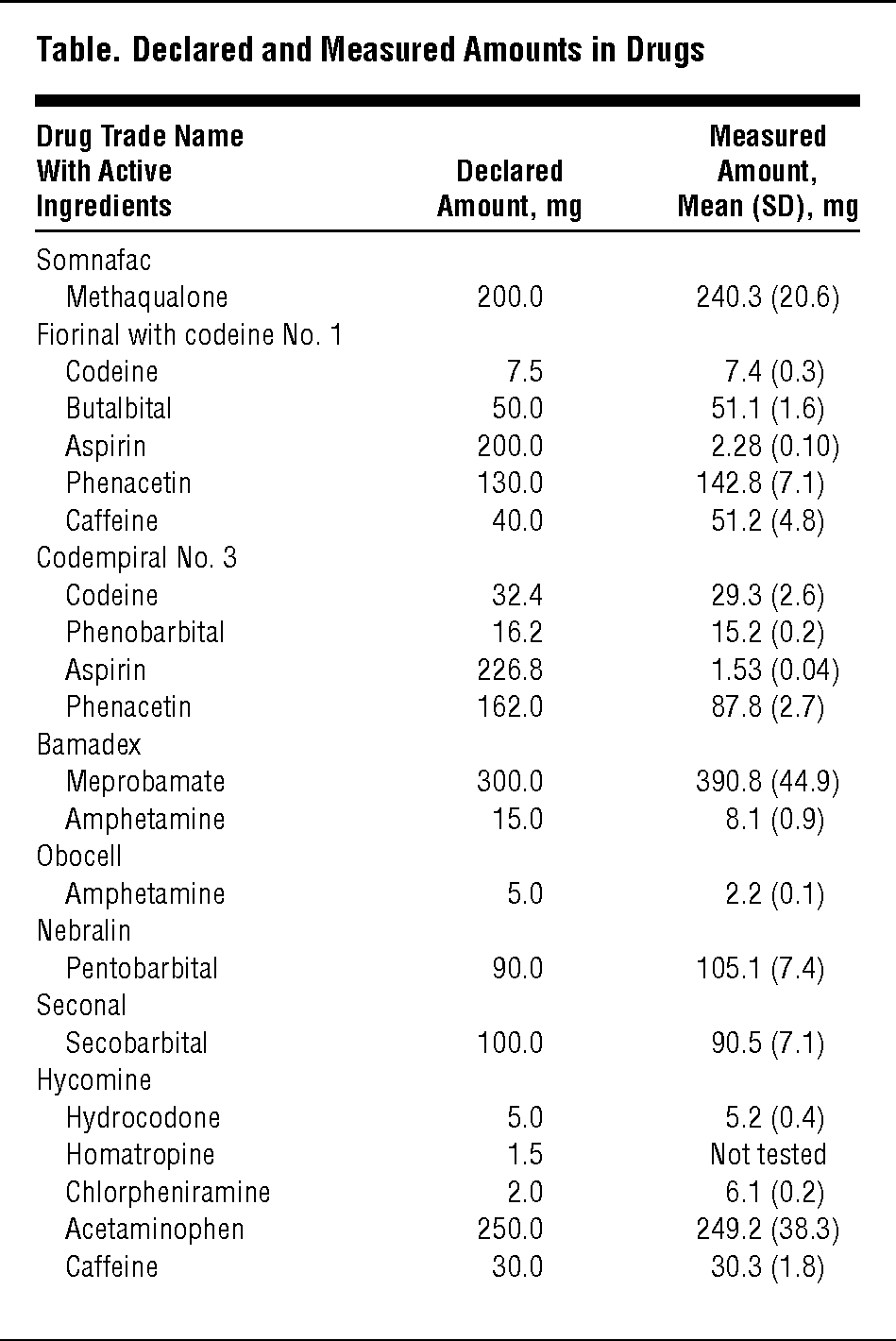- Joined
- Jul 30, 2007
- Messages
- 766
- Reaction score
- 2
Hi! I thought this would be the appropriate place to ask.
A patient of mine told me that her drug rep friend told her that it's okay to use expired meds because these dates are meant to label the drug batches and are not really "expiry" dates. I said I thought that the drug loses potency if it's expired. She asked me if it just meant losing potency or are there any toxic effects. I ended it with a "dont take chances--just buy a new steroid inhaler for your asthma" (she was complaining of several unopened steroid inhalers she had lying in the house). I hope I will have a better anser next time around, so here is me asking--I did a search and no avail, perhaps i am keying in the wrong search tags. i put "expired meds":
1. Do certain drugs expire? Or are they really just tags (which I doubt because why in the world are they called expiration dates?)
2. If there is an expiry date, is it safe to still use them (safe meaning at worst, they're just placebo)? If it's case to case, can you name which drugs are which? More importantly, which drugs should NEVER be used beyond their expiry dates?
3. I just realized I don't have basis for drugs losing their potency after the expiration date. Any help would be nice.
My patient seemed really convinced about how expiration dates are just propaganda of the drug companies. I found this very disturbing.
If these questions seem really dumb, I am sorry. I just hate the feeling of knowing I should know this but find myself being convinced by a patient, whenit should be the other way around. Thanks in advance for your help!
A patient of mine told me that her drug rep friend told her that it's okay to use expired meds because these dates are meant to label the drug batches and are not really "expiry" dates. I said I thought that the drug loses potency if it's expired. She asked me if it just meant losing potency or are there any toxic effects. I ended it with a "dont take chances--just buy a new steroid inhaler for your asthma" (she was complaining of several unopened steroid inhalers she had lying in the house). I hope I will have a better anser next time around, so here is me asking--I did a search and no avail, perhaps i am keying in the wrong search tags. i put "expired meds":
1. Do certain drugs expire? Or are they really just tags (which I doubt because why in the world are they called expiration dates?)
2. If there is an expiry date, is it safe to still use them (safe meaning at worst, they're just placebo)? If it's case to case, can you name which drugs are which? More importantly, which drugs should NEVER be used beyond their expiry dates?
3. I just realized I don't have basis for drugs losing their potency after the expiration date. Any help would be nice.
My patient seemed really convinced about how expiration dates are just propaganda of the drug companies. I found this very disturbing.
If these questions seem really dumb, I am sorry. I just hate the feeling of knowing I should know this but find myself being convinced by a patient, whenit should be the other way around. Thanks in advance for your help!


